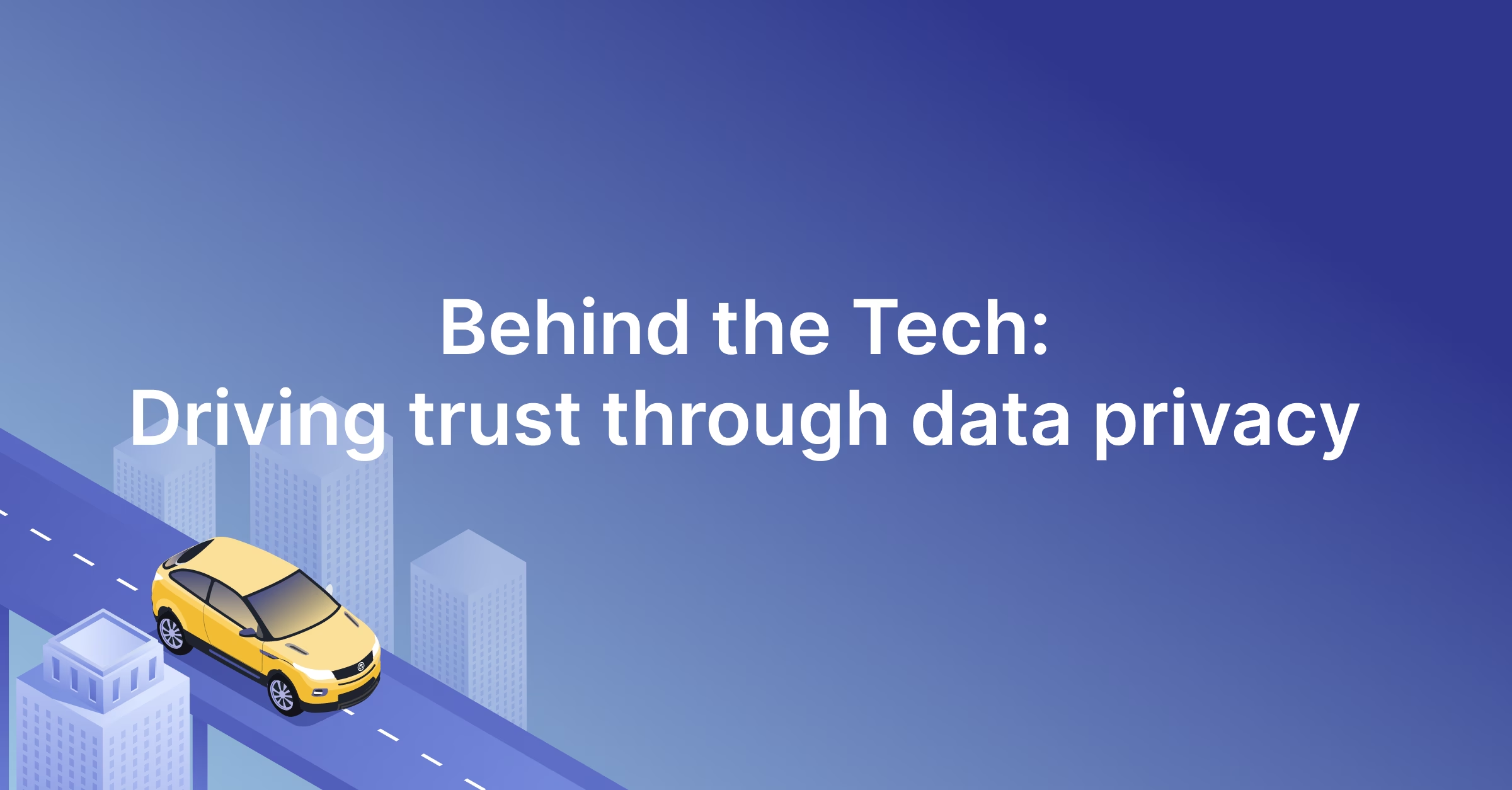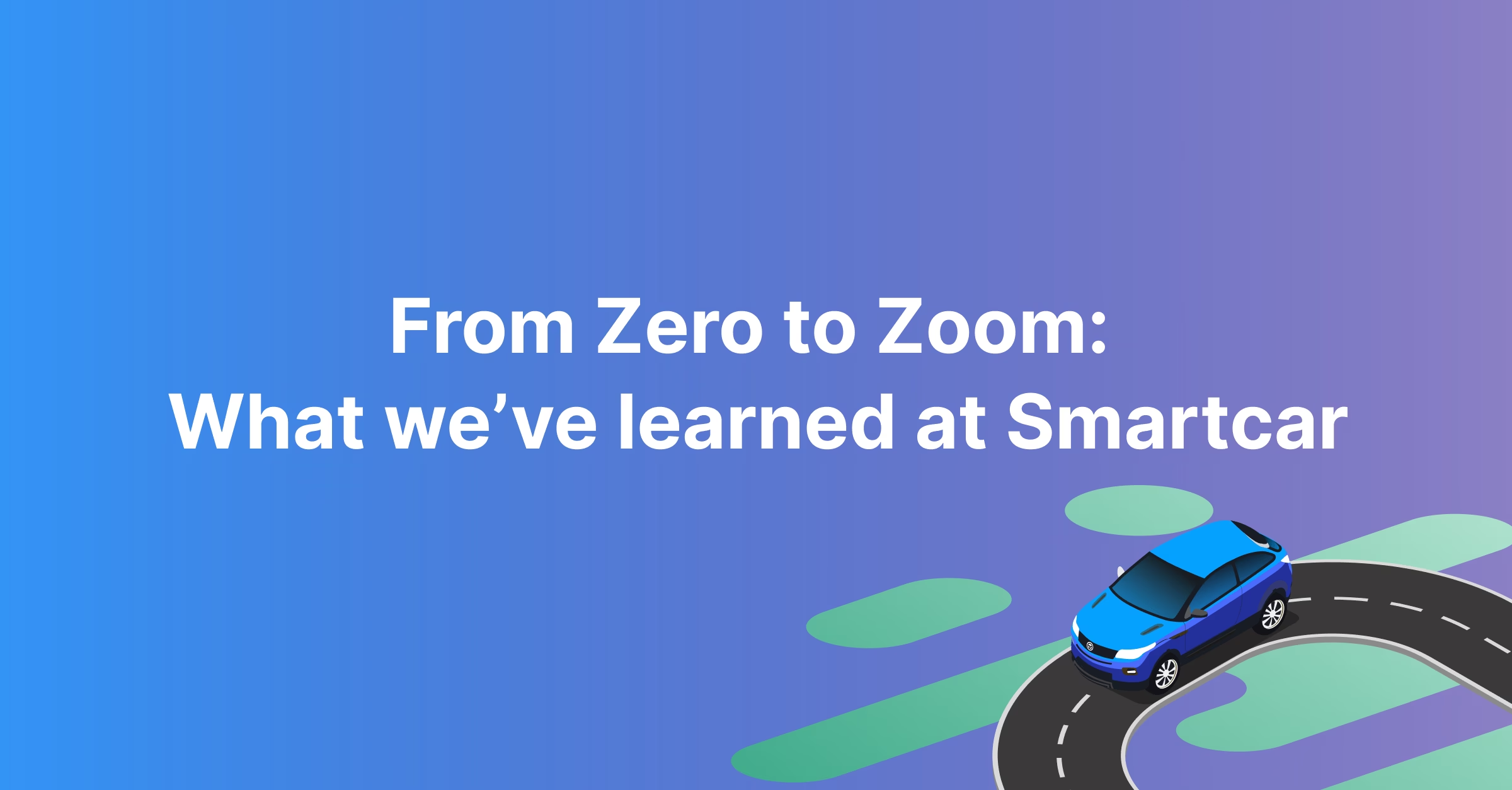EV charging
API
Das Laden von Elektrofahrzeugen aus der Ferne verwalten
Überprüfen Sie den Ladestatus und laden Sie Elektrofahrzeuge mit einfachen API-Anfragen auf.

Ladestatus
Prüfen Sie, ob das Ladekabel eines Elektrofahrzeugs angeschlossen ist und geladen wird.
Ladevorgang starten oder beenden
Starten oder beenden Sie den Ladevorgang eines batterieelektrischen (BEV) oder Plug-in-Hybridfahrzeugs (PHEV) aus der Ferne.
Gebührenlimit abrufen und festlegen
Schonen Sie den Batteriezustand, indem Sie die Ladegrenzwerte für Elektrofahrzeuge verwalten.
Eigenschaften des Produkts
kompatibel mit 39 Automarken
Benutzerfreundlicher Zustimmungsfluss
Funktioniert mit Fahrzeugen von 2015 und neueren
Vertrauenswürdig und sicher
Live-Daten abrufen und Live-Aktionen auslösen
SDKs für Go, Java, Node.js, Python und Ruby
Verwandte Branchen
Ladenetzwerke für Elektrofahrzeuge
Geben Sie in Ihrer App geschätzte Ladezeiten, automatische Ladepläne und die Reiseplanung für Elektrofahrzeuge an.
Energie- und Versorgungsunternehmen
Steuern Sie das Laden der Elektrofahrzeuge Ihrer Kunden in Privathaushalten, um die Stromnetzlast optimal auszugleichen.


.jpg)

